Lincolnshire County Council’s initiative is verging on sheer brilliance…
Many of our readers will be familiar with the wonderful initiative that is Plantlife’s Road Verge Campaign and their aim to transform 500,000 kilometres of rural road verge in the UK.
One UK council who we feel is leading the way and taking things one step further is Lincolnshire County Council. Their Verge Biomass initiative has been an evolving project for the council for the last 8 years or so.
We recently interviewed Helen Jenkins-Knight, Senior Sustainability Office at Lincolnshire County Council, to learn more about this fascinating project…
How did the Road Verge Biomass initiative begin?
Initially we simply wanted to see if there was something sustainable and economical that could be done with arisings created from our verge management process (cutting the first 1.1m of verge twice or three times a year and leaving the arisings in situ to creates a build-up of nutrients in the soil).
The more nutrients in the soil the better the conditions for larger plants to grow such as hog weed, cow parsley, nettles and brambles etc. By removing arisings, we reduce soil nutrients and create conditions suitable for wildflowers, crucial to supporting our native pollinator species.
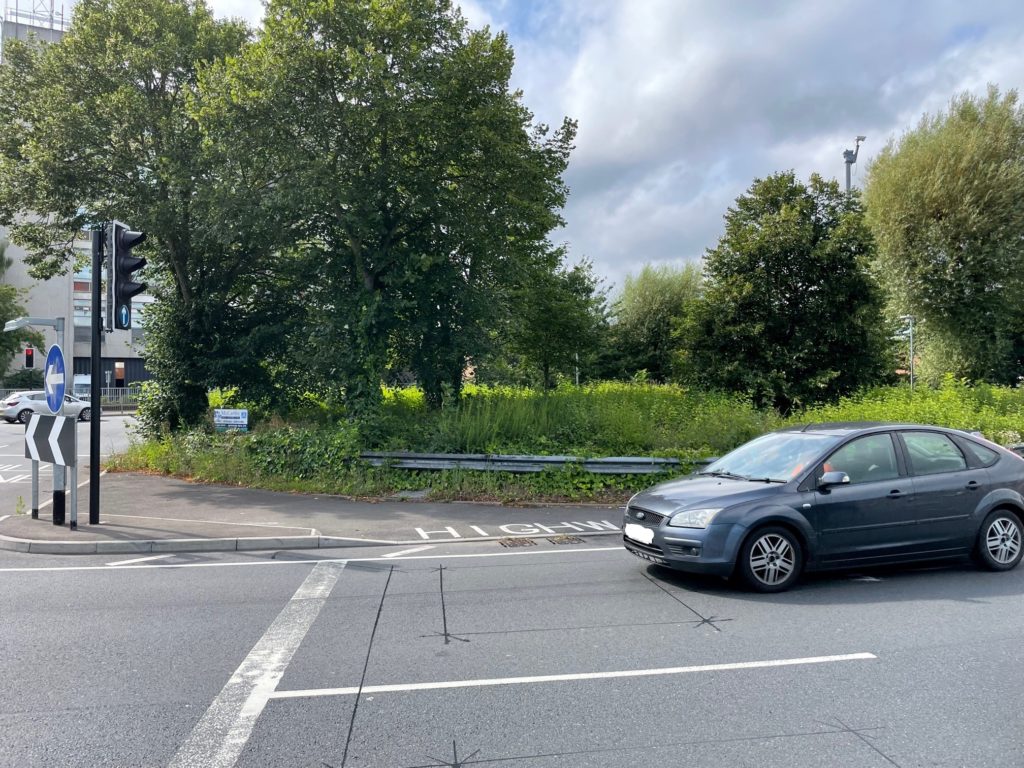
Sounds great! What’s involved in the process?
At the outset, we had a specialist machine designed and built to cut and collect arisings from verges.
The machine can be ‘wrapped’ around a tractor and feeds the arisings into a trailer. We manage two trailers, so whilst one is working the other can be taken back to an on-farm anaerobic digestion plant. Here the vegetation is stored in a clamp until it is fed through the plant as a replacement for maize.
The project also looked into the process of ‘cut and collect’ to determine whether it would be viable on a commercial scale to reduce our impacts on the environment. A trial was undertaken in 2018 to harvest verges from a 10km radius of 3 farms in Lincolnshire and arisings were used to generate energy through their on-site anaerobic digestion plants. A special trial permit from the Environment Agency was required to complete this work.
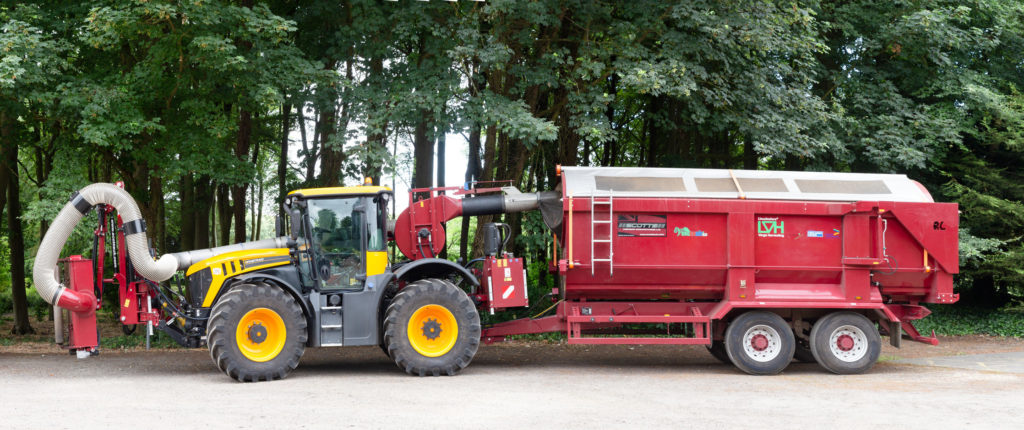
This is a huge initiative! Who else has been involved?
The project wouldn’t have taken place without our project team, and the verge biomass project has very much been a partnership.
We worked with Peakhill Associates who provided technical expertise, Lincolnshire Verge Harvesting Ltd (a consortium of farmers who jointly funded the machine and carried out the trials on our behalf), Lincolnshire Wildlife Trust who provided expert advice and reported on biodiversity, and Scotts Precision Manufacturing who designed and built the machine.
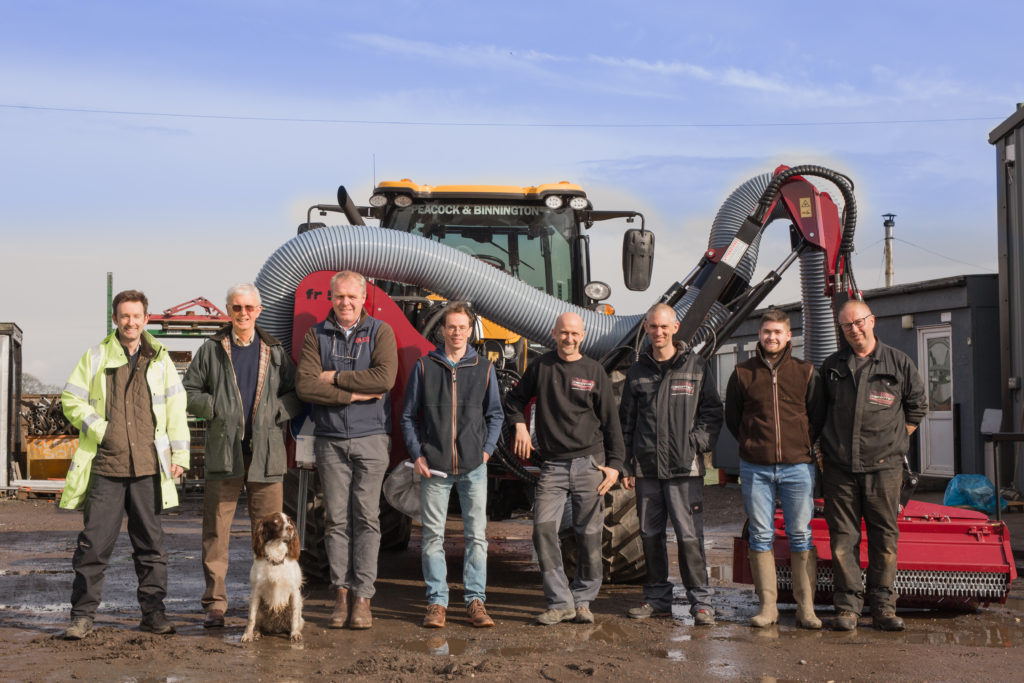
What challenges have you encountered along the way?
Two significant challenges during the project come to mind.
Firstly, a highly unusual growing season hampered the project considerably. The beast from the east hit us in late March and pushed back the growing season by at least 3 weeks. When we started cutting (as per the council contracts) at the beginning of the season there was nothing to cut. Following a period of warm and dry weather, vegetation grew considerably in a very short space of time resulting in verges seeming to have not been cut. The dry weather remained for the whole summer, and by the end of the season the verge grasses had turned to hay as they were so dry. This material wasn’t suitable for anaerobic digestion and so couldn’t be cut.
The second ongoing challenge is one of permitting. The anaerobic digestion plants are only permitted to take certain classified inputs. Verge arisings do not have a ‘waste code’ and so at present are not able to be put through an anaerobic digestion plant. We are currently working with other projects around the country to see if we can make progress to unlock this barrier.
What has the overall outcome been and how do the local community feel about the project?
The project has successfully demonstrated the machine works well and is capable of harvesting verges at the required speed to make the process viable. It has continued to inspire projects across the country and many local authorities are now looking into the possibility of cut and collect for their own verges. At Lincolnshire, we are continuing dialog with the Environment Authority and investigating opportunities for biodiversity net gain.
Community feedback has been very mixed. Many understand the importance of the work, but others expressed concerns about verges looking untidy. Safety was also raised as a concern, however, at corners and wherever visibility may be impaired, extra cuts are carried out.
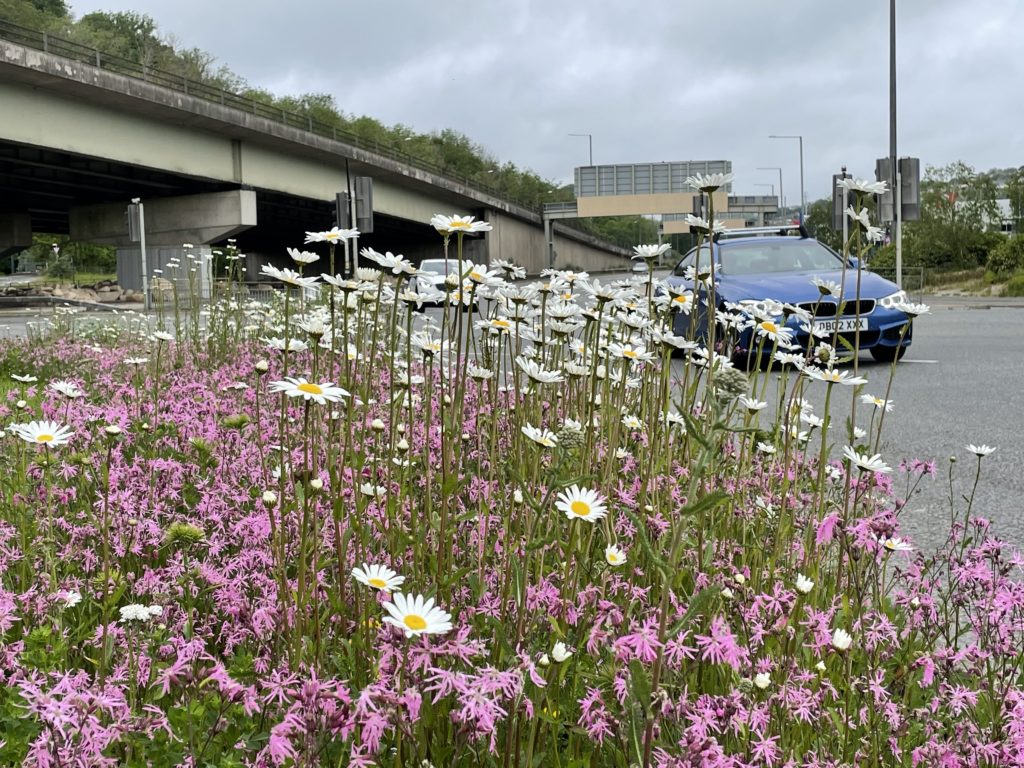
Where to from here?
The council are currently viewing options for verge management and how it can further improve the biodiversity of the network to focus on promoting chalk grassland habitats. The new requirements through the Environment Bill on Planning could provide an opportunity for biodiversity net gain.
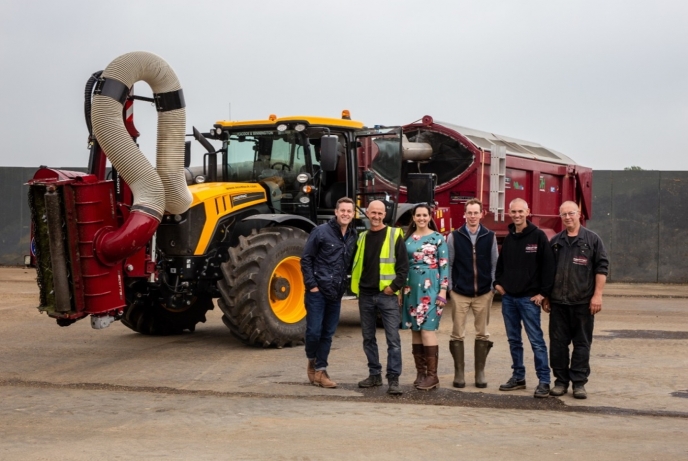
To learn more about the benefits of Road Verge Biomass Harvesting and the project itself, Lincolnshire Wildlife Trust has a brilliant FAQ area on their website. Visit it here.
Plantlife’s petition to save wildflowers on road verges has now reached over 132,000 signatures…why not add your name!